On Seeing: A Journal – #239
1/23/18

The marvelously talented Taraji Henson came to the studio for an interview, an “improv” session for “Actors Acting,” and a formal portrait.
Henson has had a remarkable career, to say the least. She studied acting at Howard University and began her Hollywood career in guest roles on several television shows before making her breakthrough in Baby Boy (2001). She received praise for playing a prostitute in Hustle & Flow (2005) and a single mother of a disabled child in David Fincher’s The Curious Case of Benjamin Button (2008). She has received nominations for an Academy Award, a Screen Actors Guild Award, and a Critics Choice Award for Best Supporting Actress.
Henson has also had a successful career in TV series such as The Division, Boston Legal, and Eli Stone. Henson went on to star in the ensemble film Think Like a Man (2012) and its 2014 sequel. In 2015, she began starring as Cookie Lyon on the hit drama series Empire, for which she became the first African-American woman to win a Critics’ Choice Television Award for Best Actress in a Drama Series. She also won a Golden Globe Award, and was nominated for two Emmy Awards, in 2015 and 2016.
In 2016, Time named Henson one of the 100 most influential people in the world on the annual Time 100 list. That year, Henson also released a New York Times best selling autobiography titled Around the Way Girl. Also that year, she received praise for her starring role as Katherine Johnson in the film Hidden Figures, for which she won a Screen Actors Guild Award for Outstanding Performance by a Cast in a Motion Picture.
Here is some of her “work” from our studio session.
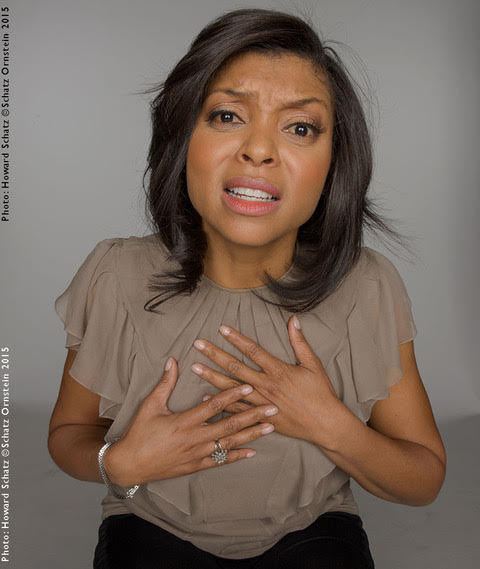
Mother to wailing baby: “If only you could tell me what’s wrong.”
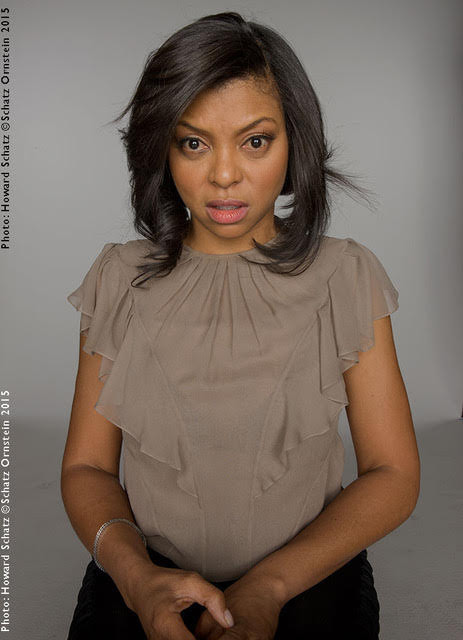
Recently married woman walking unannounced into her husband’s law office, seeing him pressing a pretty paralegal against the wall.
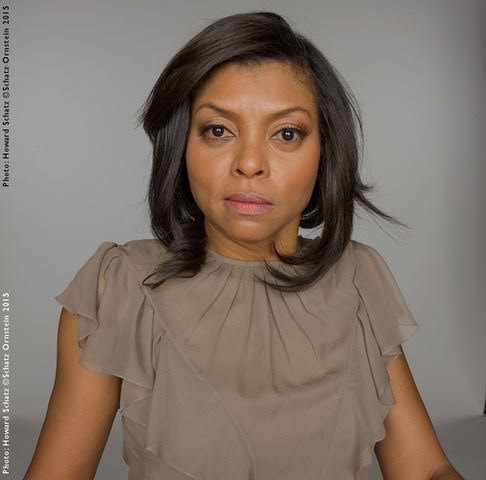
An actress whose career has stalled watching the Academy Awards on TV,
seeing a hated rival not win an Oscar.
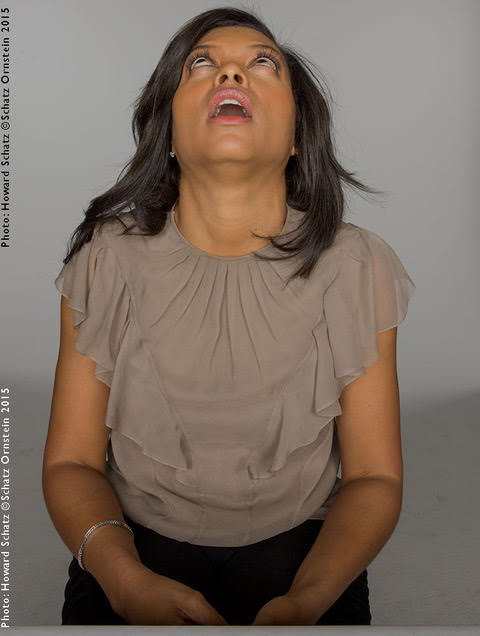
Fifteen years old, about to get “the talk” from her mother: “Oh, Mom, please!”
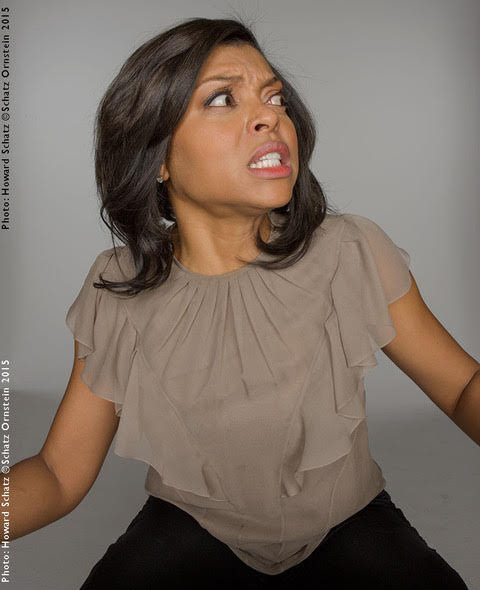
A young mother pushing a stroller in a mall, hearing a rapid volley of gun shots coming from the food court.
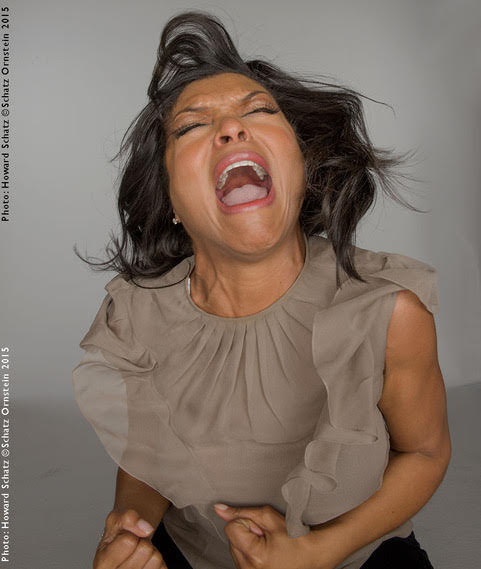
A six-year-old brat, told by her mother she can’t have candy, throws a
calculated tantrum in the supermarket…an invariably successful tactic.
THE INTERVIEW
I’m very clear on why I do what I do. I am able to touch and change so many lives. That’s what propels me into what characters I choose, what stories I choose to tell. I feel like these women need a voice that’s not going to play them as a caricature, a person who’s going to bring real life. Whether she’s loud, whether she’s ghetto, whether she’s a valley girl. I’m interested in getting to why this person is the way she is.
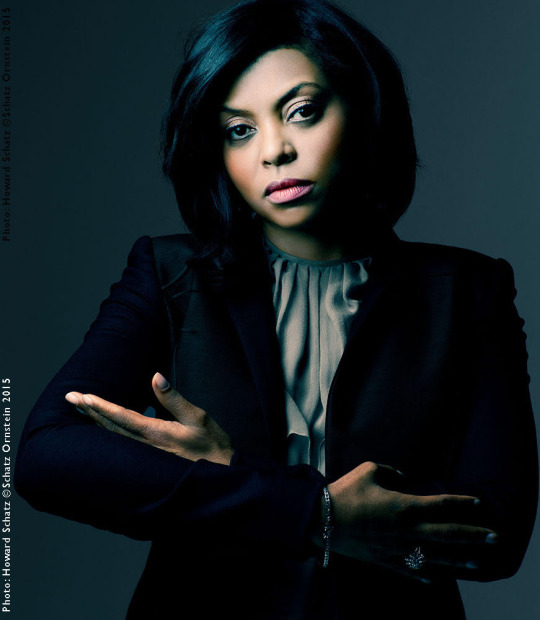
My first character ever was in the most hood film you can imagine, Baby Boy, that John Singleton directed. This thumb-sucking sister from the hood could have been such a stereotype, but I made her a real girl. A lot of times the “why” of a character is in the script. Sometimes it’s not. Sometimes you create it, but whatever you create, you have to commit one hundred percent to it, to bring a character to life and make them a real, multi-dimensional person. I can’t judge. f I judged, I wouldn’t have played half of the characters I portray.
Shug, whom I played in Hustle & Flow, is a pregnant prostitute, and that’s basically all you know about her. You didn’t know where she came from, her back story… how did this girl end up here? What happened? Where are her parents? She’s so precious and delicate. All she has is love. When she turns tricks, it’s not about sex for money. It’s the only way she knows how to give love to another human being because somebody ruined her when she was little. That’s why everyone wanted to reach through the screen and grab her and hug her and take care of her.
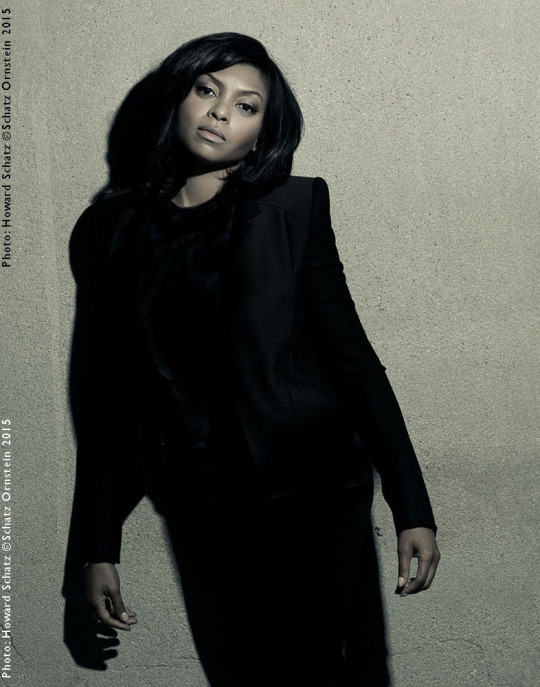
Playing Queenie in Benjamin Button changed me forever, because I had just lost my father and my character constantly deals with death. It was surrounding her. She smelled it every day. It forced me to deal with the loss of my father, and it healed me.
I love what I do. I’m passionate about what I do. I believe I’m here for a reason, as we all are. I’m very clear on my reason and I stay focused on that.
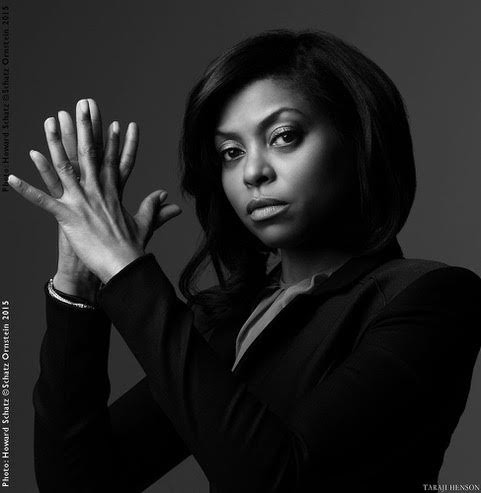
Thank you, Taraji. Terrific!
